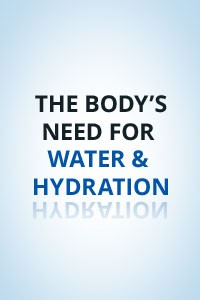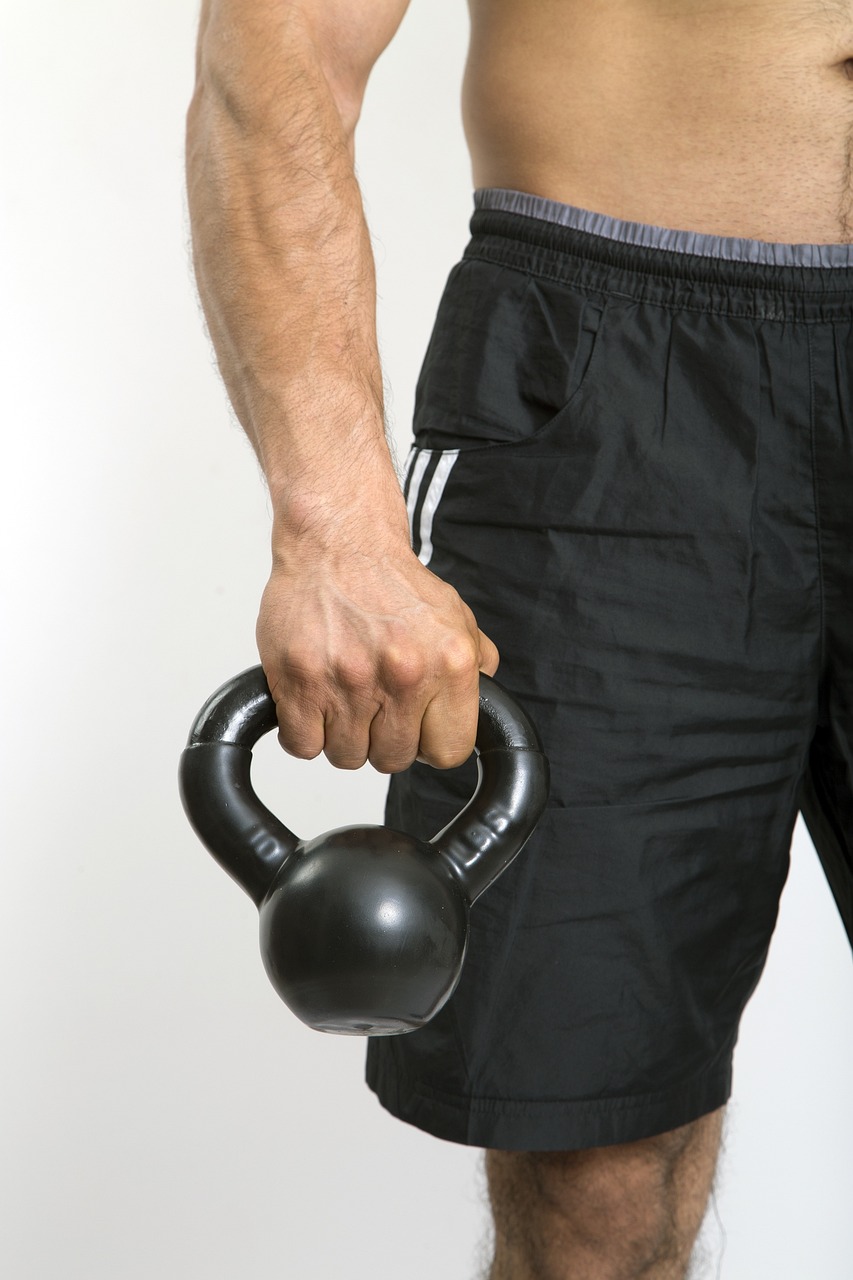The Foundation of Life: Why Water is Essential: Water is the most abundant and arguably the most critical component of the human body. Comprising about 60% of an adult’s body weight, water plays a fundamental role in nearly all physiological functions. It serves as a medium for metabolic reactions, supports the transport of respiratory gases, regulates body temperature, and is integral to cellular function. Without water, life would not be possible, making hydration one of the most important aspects of maintaining health and well-being.
How the Body Regulates Water Balance
The human body sources water from three primary avenues: beverages (60%), food (30%), and metabolic by-products (10%). At the same time, water loss occurs through urine (60%), evaporation from the skin and lungs (30%), sweat (5%), and feces (5%). The kidneys play a crucial role in balancing water levels, preventing dehydration and overhydration by regulating urine output. Proper hydration is key to supporting this delicate balance and ensuring the body functions optimally.
Even mild dehydration, defined as losing 1-2% of body weight in water, can impair cognitive and physical performance. Symptoms include decreased concentration, increased fatigue, and reduced endurance. During physical activity, fluid loss through sweating accelerates dehydration, leading to an elevated heart rate and increased body temperature. Studies show that losing just 2% of body weight through sweating can significantly diminish performance, making regular fluid intake essential, especially for athletes and active individuals.
Hydration Before Exercise: Setting the Foundation
Proper hydration should begin long before a workout. Experts recommend drinking around 500 milliliters (about 17 ounces) of water at least two hours before exercise. This pre-hydration ensures the body starts in an optimal state, reducing the risk of early dehydration and supporting performance. Hydrating before physical activity helps maintain blood volume and enables efficient thermoregulation, keeping the body cool and reducing strain on the cardiovascular system.
Maintaining hydration during exercise is crucial for sustaining endurance and preventing heat-related illnesses. Established guidelines suggest consuming 200–300 milliliters (7–10 ounces) of water every 15–20 minutes during physical activity. This intake helps replenish lost fluids, prevent excessive cardiovascular stress, and lower the risk of overheating. Hydration needs vary depending on sweat rate, temperature, and exercise intensity, so athletes should adjust their fluid intake accordingly.
Fluid Intake and Its Impact on Thermoregulation
Drinking fluids during exercise provides two key benefits: it supports the circulatory system and helps regulate body temperature. When an individual sweats, the body relies on evaporation to cool itself, but without adequate hydration, this process becomes inefficient. Proper fluid intake reduces strain on the heart, prevents dangerous core temperature rises, and lowers the risk of heat exhaustion or heat stroke. These factors make staying hydrated a critical component of any training regimen.
Many people mistakenly rely on thirst as their primary cue to drink water. However, by the time you feel thirsty, dehydration has already begun. This delayed response, known as "voluntary dehydration," is particularly problematic for athletes and individuals exposed to hot environments. To stay ahead of dehydration, it is recommended to maintain a consistent drinking schedule rather than waiting for thirst signals. Regular fluid intake throughout the day helps ensure the body remains properly hydrated.
How Diet Influences Hydration Levels
What you eat significantly impacts your hydration status. High-protein and low-carbohydrate diets, for example, can promote dehydration because the metabolism of protein leads to increased urinary fluid loss. Those following high-protein diets should consciously increase water intake to counteract this effect. Conversely, water-rich foods like fruits and vegetables contribute to hydration, making them an essential part of a balanced diet.
Children are particularly vulnerable to dehydration due to their lower sweating rates and increased heat absorption. Unlike adults, children rely more on convection and radiation for cooling rather than sweating. Because of this, ensuring adequate hydration is vital, particularly during physical activity or exposure to high temperatures. Parents and caregivers should encourage children to drink water consistently throughout the day, not just when they feel thirsty.
As individuals age, their total body water content declines by 10-50% between the ages of 30 and 70 years. This reduction, combined with a diminished ability to regulate body temperature and the potential side effects of medications, increases the risk of dehydration in older adults. Staying hydrated helps support kidney function, cognitive health, and cardiovascular stability, making water intake an essential part of healthy aging.
Water is undeniably one of the most essential elements for life. Understanding how hydration affects cognitive function, athletic performance, and overall well-being can help individuals make informed decisions about fluid intake. By adopting proactive hydration habits, consuming water-rich foods, and recognizing the signs of dehydration, people of all ages can optimize their health. Staying consistently hydrated is one of the simplest yet most powerful ways to support long-term wellness.
Sources:
- "Water, Hydration and Health," PMC - PubMed Central.
- "The Hydration Equation: Update on Water Balance and Cognitive Performance," PMC - PubMed Central.
- "Water - The Nutrition Source," Harvard University.
- "Sports and Hydration for Athletes: Q&A with a Dietitian," Johns Hopkins Medicine.
- "Hydration Strategies and Fluid Balance in Exercise," Nature.
- "Water: Essential for Your Body," Mayo Clinic Health System.
- "Hydration Tips for Athletes," Mass General Brigham.
- "Water: How Much Should You Drink Every Day?" Mayo Clinic.
- "Hydration | Korey Stringer Institute," University of Connecticut.
- "Current Evidence in Water and Hydration Science," Karger Publishers.













